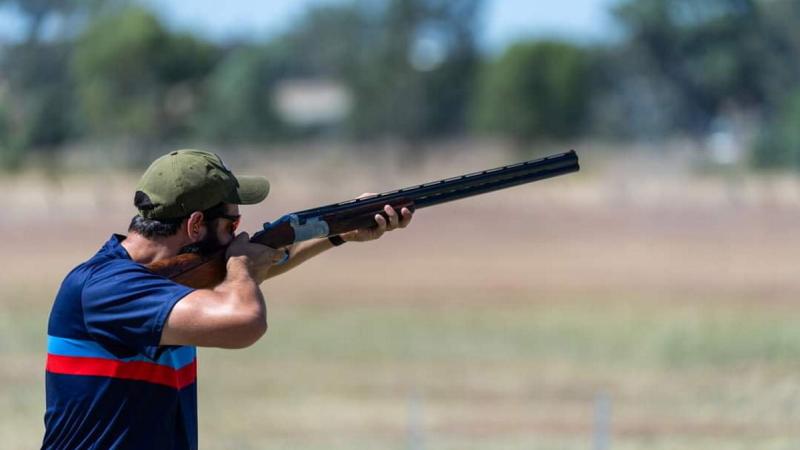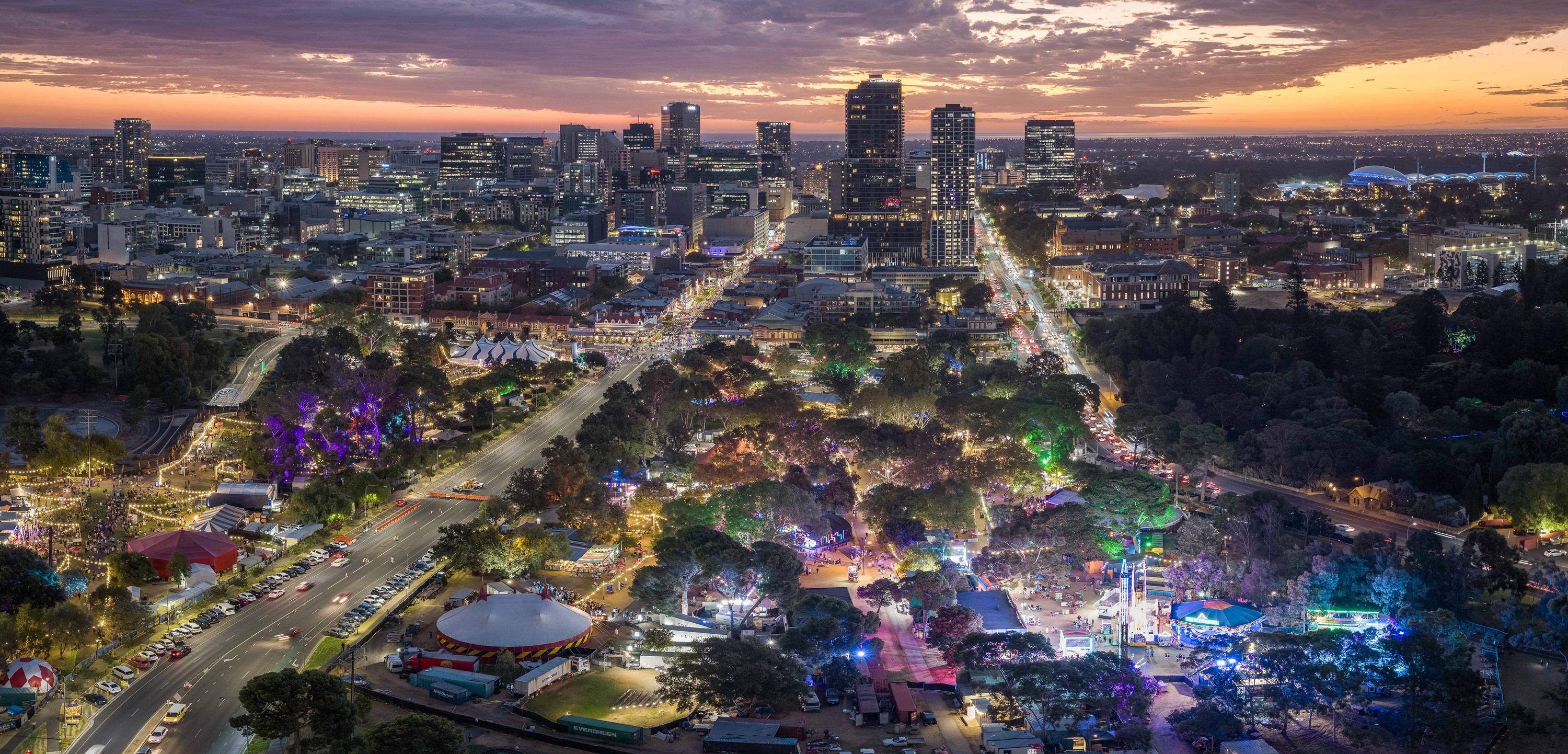On the basis of medical advice provided by the Chief Medical Officer of Australia, Professor Paul Kelly, the National Security Committee has taken the necessary and temporary decision to pause the next step to safely reopen Australia to international skilled and student cohorts, as well as humanitarian, working holiday maker and provisional family visa holders from 1 December until 15 December.
The reopening to travellers from Japan and the Republic of Korea will also be paused until 15 December.
The temporary pause will ensure Australia can gather the information we need to better understand the Omicron variant, including the efficacy of the vaccine, the range of illness, including if it may generate more mild symptoms, and the level of transmission.
Australia’s border is already closed to travellers except fully vaccinated Australian citizens, permanent residents and immediate family, as well as fully vaccinated green lane travellers from New Zealand and Singapore and limited exemptions.
All arrivals to Australia also require a negative PCR test and to complete Australian traveller declaration forms detailing their vaccination status and confirming requirements to comply with state and territory public health requirements.
On Saturday, the Australian Government announced the following measures:
- Effective immediately, anyone who is not a citizen or permanent resident of Australia, or their immediate family including parents of citizens, and who have been in African countries where the Omicron variant has been detected and spread – within the past 14 days – will not be able to enter Australia. The countries are: South Africa, Namibia, Zimbabwe, Botswana, Lesotho, Eswatini, Malawi and Mozambique.
- Australian citizens and permanent residents, immediate family members including parents arriving from these countries will need to go into immediate supervised quarantine for 14 days subject to jurisdictional arrangements.
- Anyone who has already arrived in Australia and who has been in any of the eight countries within the past 14 days must immediately isolate themselves and get tested for COVID-19 and follow jurisdictional quarantine requirements which will include quarantine for 14 days from the time of departure from southern Africa.
- These restrictions also apply to people, for instance international students and skilled migrants, arriving from the safe travel zones we have established with New Zealand and Singapore who have been in any of the eight countries within the past 14 days.
There are no flights planned from these countries.
These measures will also be continued until 15 December.
Upon further advice from Professor Kelly, Seychelles has been removed from the list of countries of concern.
Australian Border Force retains discretion to allow people in who are already in transit to enter, but these people will be subject to state based isolation requirements.
Under state public health requirements, New South Wales and Victoria have already initiated testing and 72 hours of isolation requirements for Australian citizens, permanent residents and immediate family members entering the country. In other states, 14 days of managed quarantine is required, and traveller cap arrangements are in place.
The Australian Government’s quarantine facility at Howard Springs in Darwin is available to support returning Australians each fortnight as required.
The Prime Minister has called a meeting of National Cabinet tomorrow to further discuss the Omicron variant and Australia’s response.
Australians can be assured that we are in a strong position to deal with COVID and its emerging challenges.
We have one of the highest vaccination rates in the world, with 92.3 per cent having had a first dose and 86.8 per cent of our eligible population now double vaccinated, and we have one of the only whole of population booster programs being delivered, with around 415,000 Australians having received their booster.
Australia has a proven record of dealing with COVID, we have one of the lowest fatality rates, highest vaccination rates and strongest economies in the world.
We will continue to take sensible and responsive evidence based action, led by medical experts. This will ensure we can open safely, and stay safely open as we learn to live with the virus.








